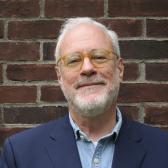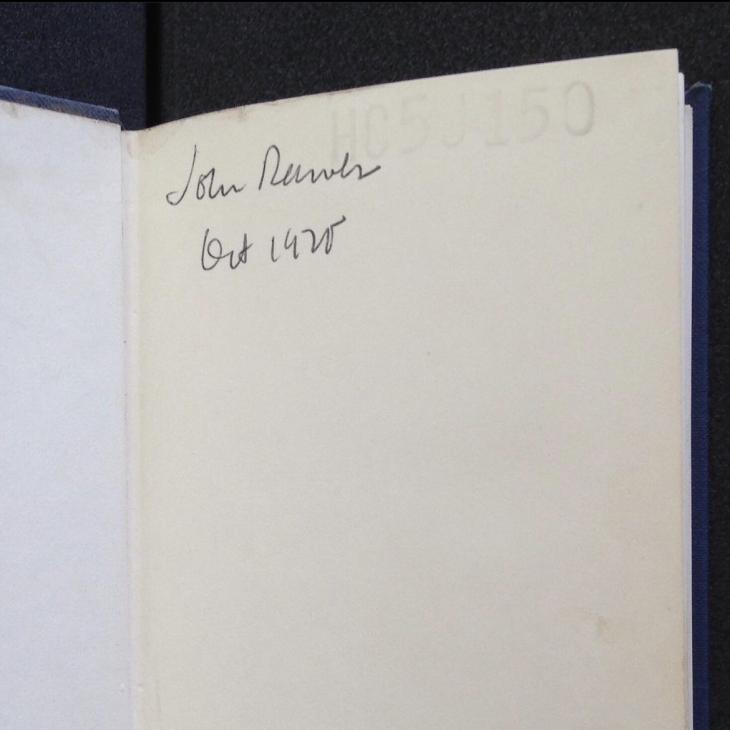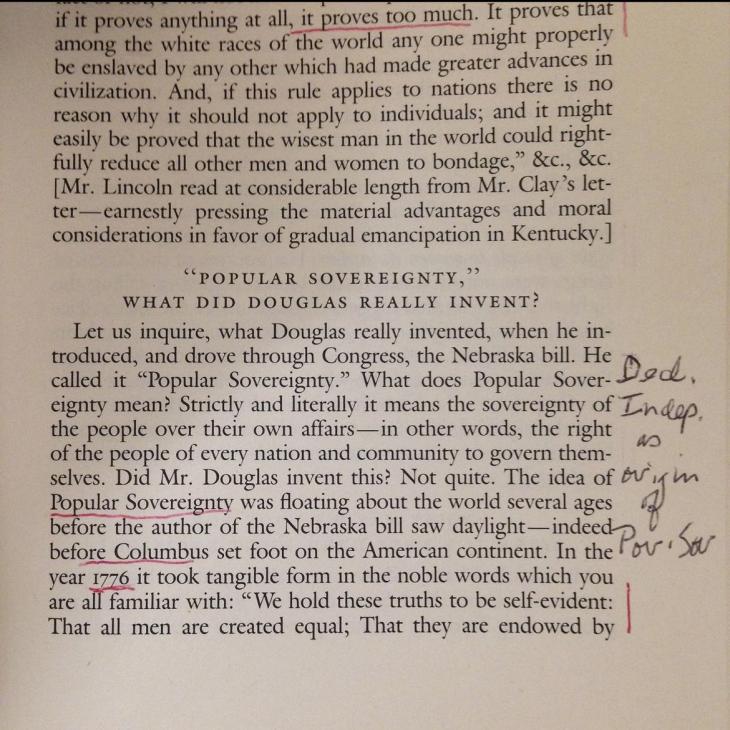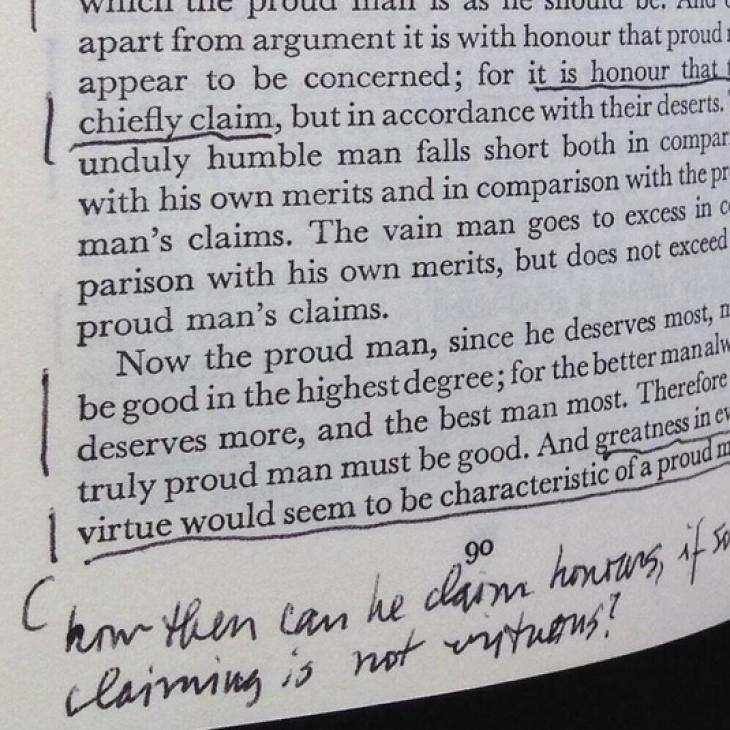John Rawls was one of the 20th century’s preeminent political philosophers, credited with reviving and transforming the field for all future scholars. Born on February 21, 1921 in Baltimore, Maryland, Rawls was the second of five brothers, two of whom died at a young age from diseases contracted from Rawls. He attended school in Baltimore before moving to Connecticut to attend an Episcopalian preparatory school. After graduating, he attended Princeton University, where he remained intensely religious and even considered attending a seminary for Episcopal priesthood. He graduated from Princeton in 1943 with a Bachelor of Arts. That same year, he enlisted in the U.S. army and served in combat as an infantryman in the Pacific theater through the end of World War II. The traumatic violence and bloodshed he witnessed during his service led him to lose his Christian faith, become an atheist, and ultimately to leave the military in 1946 and return to Princeton to pursue a doctorate in moral philosophy.
Rawls completed his dissertation, A Study in the Grounds of Ethical Knowledge: Considered with Reference to Judgements on the Moral Worth of Character, in 1950. Next he spent two years at Oxford University on a Fullbright Fellowship. Upon his return to the United States, he began to teach at various universities in the Northeastern U.S., including Princeton, Cornell, Harvard, and MIT.
He published his most well-known work, A Theory of Justice, in 1971, in which he argues for a conception of justice as fairness. He elaborated on this theory, expanding its scope and responding to criticism, in Political Liberalism (1993), The Law of Peoples (1999), and Justice as Fairness (2001). He suffered from the first of several strokes in 1995, which severely impeded his ability to work, but still managed to publish The Law of Peoples and Justice as Fairness before dying at his home in Lexington, Massachusetts on November 24, 2002.
Thanks to Mardy Rawls, the wife of John Rawls, and Tufts Professor of Philosophy Erin Kelly, who was a student of John Rawls at Harvard, Tisch Library now holds a collection of books that he owned, read, and annotated, enabling students to peer into one of the 20th century’s great minds as he engages with earlier philosophers and historical figures.
Find the John Rawls Collection in Jumbosearch Advanced by searching Author/creator contains exact phrase John Rawls Collection.




